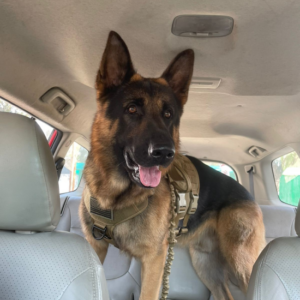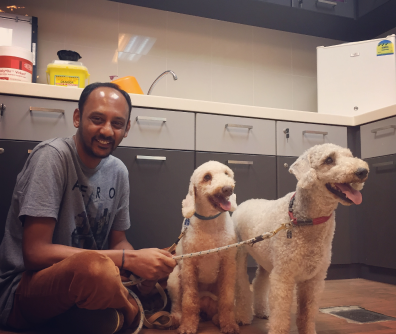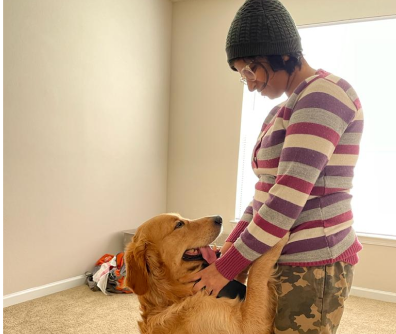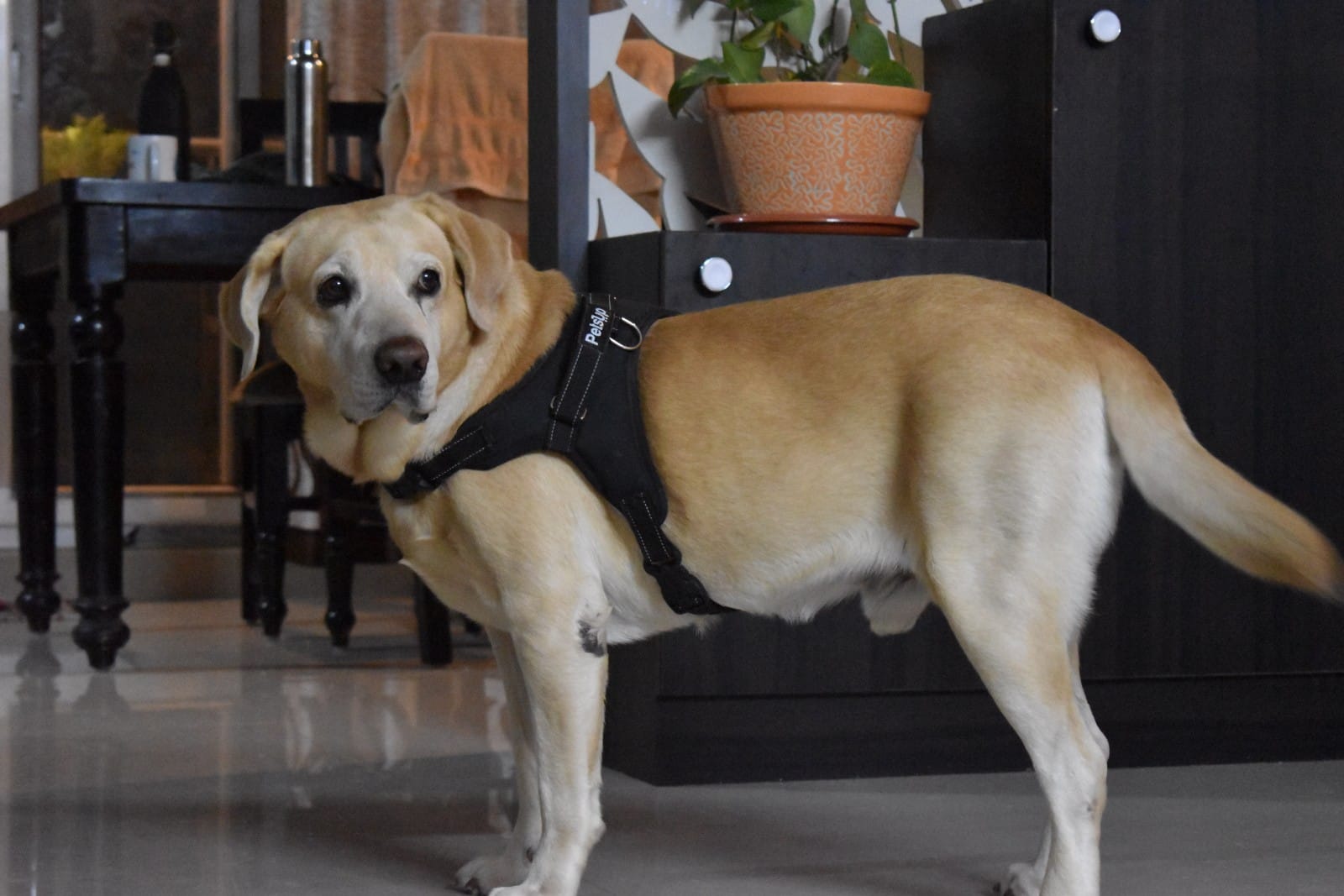Jai

Jai
Moved with Shera from New York to New Delhi
I take this opportunity to thank everyone involved with Shera’s relocation from USA to India.I can just imagine how tirelessly everyone involved in Team Shera would have worked. (Both behind the scenes and in front).Shera arrived at Delhi in good spirits, although tired and confused as this was the first time he was separated from me and in a totally alien environment. But the moment he saw me, his anxiety and mine too, vanished!! We reunited and that was one of the best moments of my life. Thank you team to make this happen!!! Subhojit’ s ear to ear smile when he saw us reunited said it all. 😊 Our partner in India( Anvis ).. You are one of the finest I have ever seen in my life. This is the first time I moved my dog. Have only imported horses from Europe earlier… ( Special mention to Subhojit who was in constant touch with me, before, during my flight and post my landing at Delhi) Thank you Subhojit for everything, from advising me details over WhatsApp/ emails, meeting me at the airport to staying awake the whole night at the cargo terminal, to ensuring Shera was given water while customs clearance was happening, keeping me updated over WhatsApp on his condition, to being there for the AQCS clearance the next day also! This herculean task of clearing the red tape in India would NEVER have been possible without you and the guidance of Anand and others.
@ Anand: You are lucky to have Subhojit in your team!! When I import my next warm Blood horses, I will ONLY be using you guys.. That’s for sure.. I will be in touch with the plan on that move..
I am sold for life and any and every pet move I may have in the future will be with Anvis ONLY!!.
You guys rock!!!

























